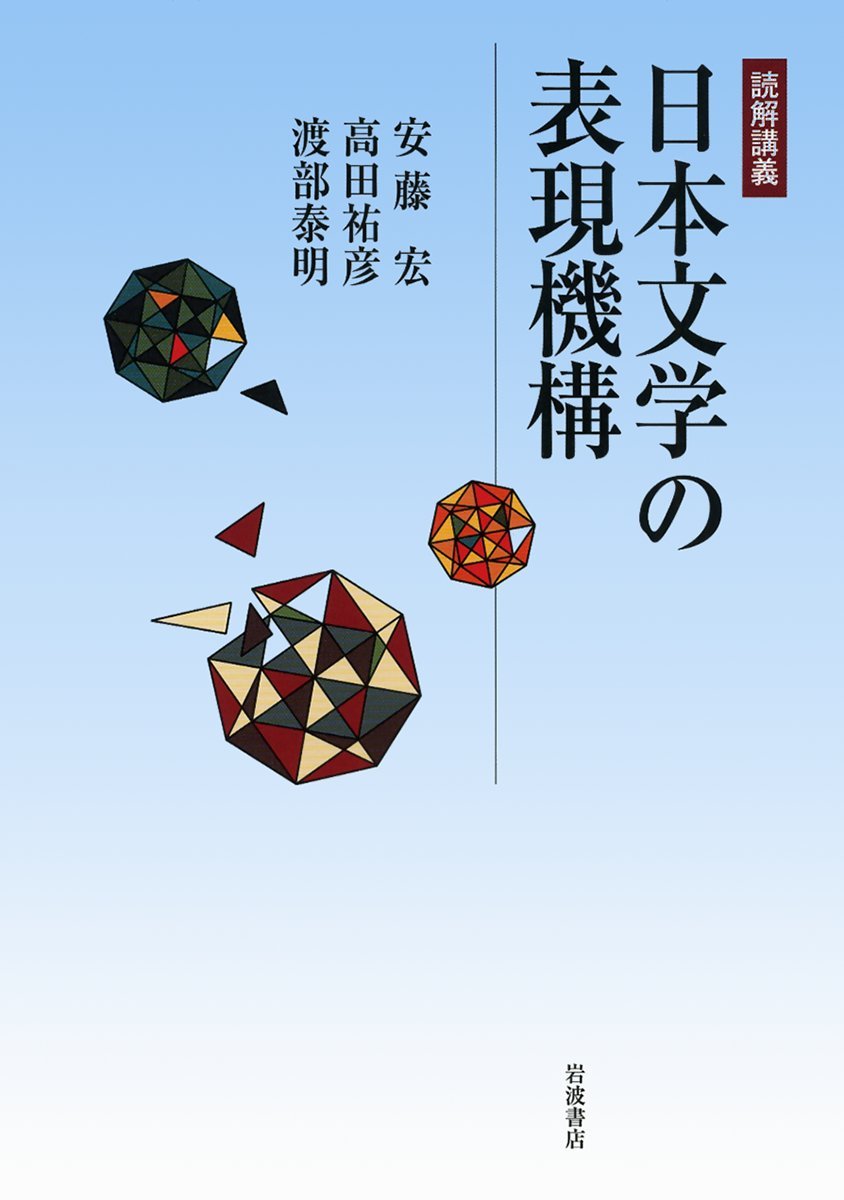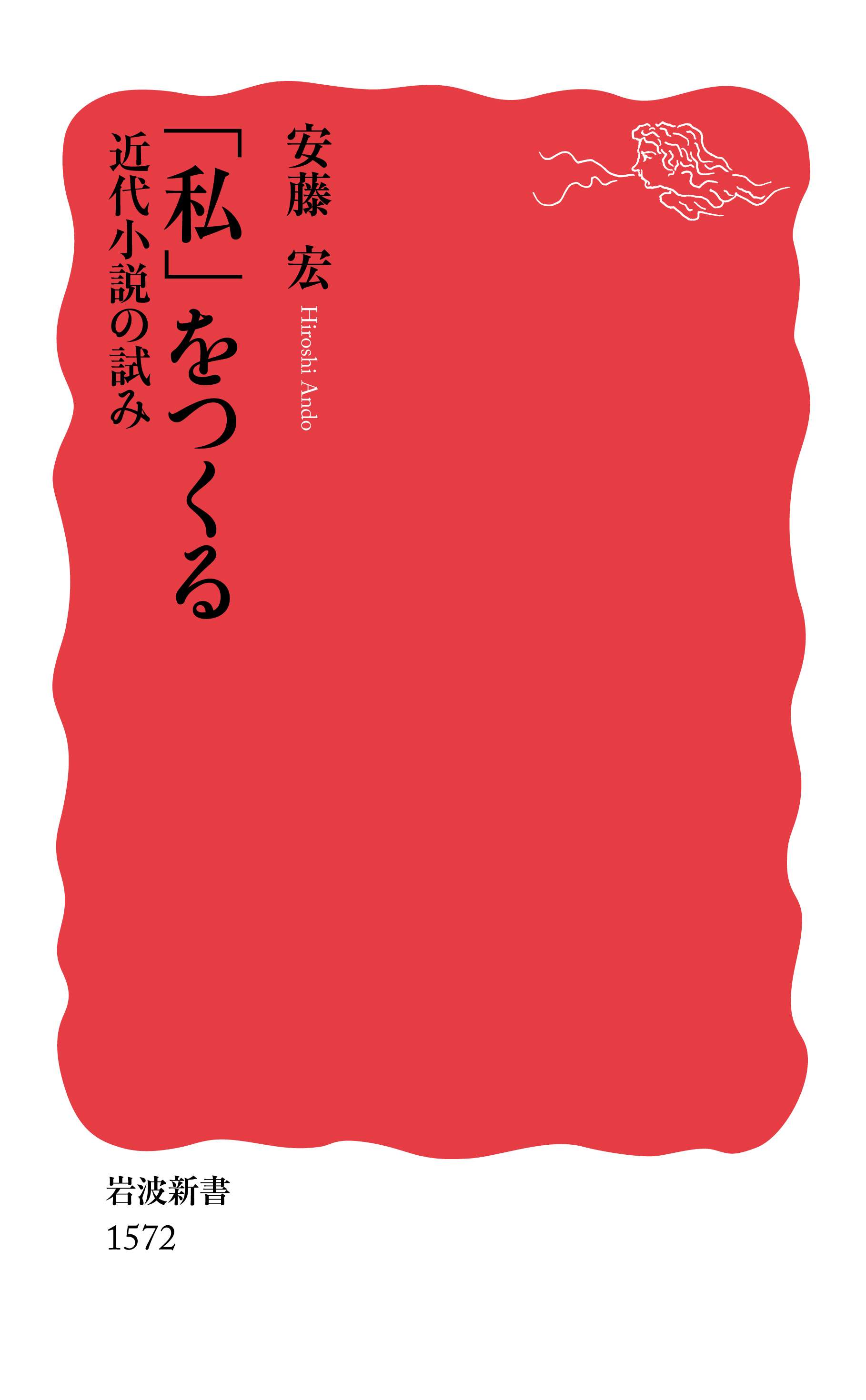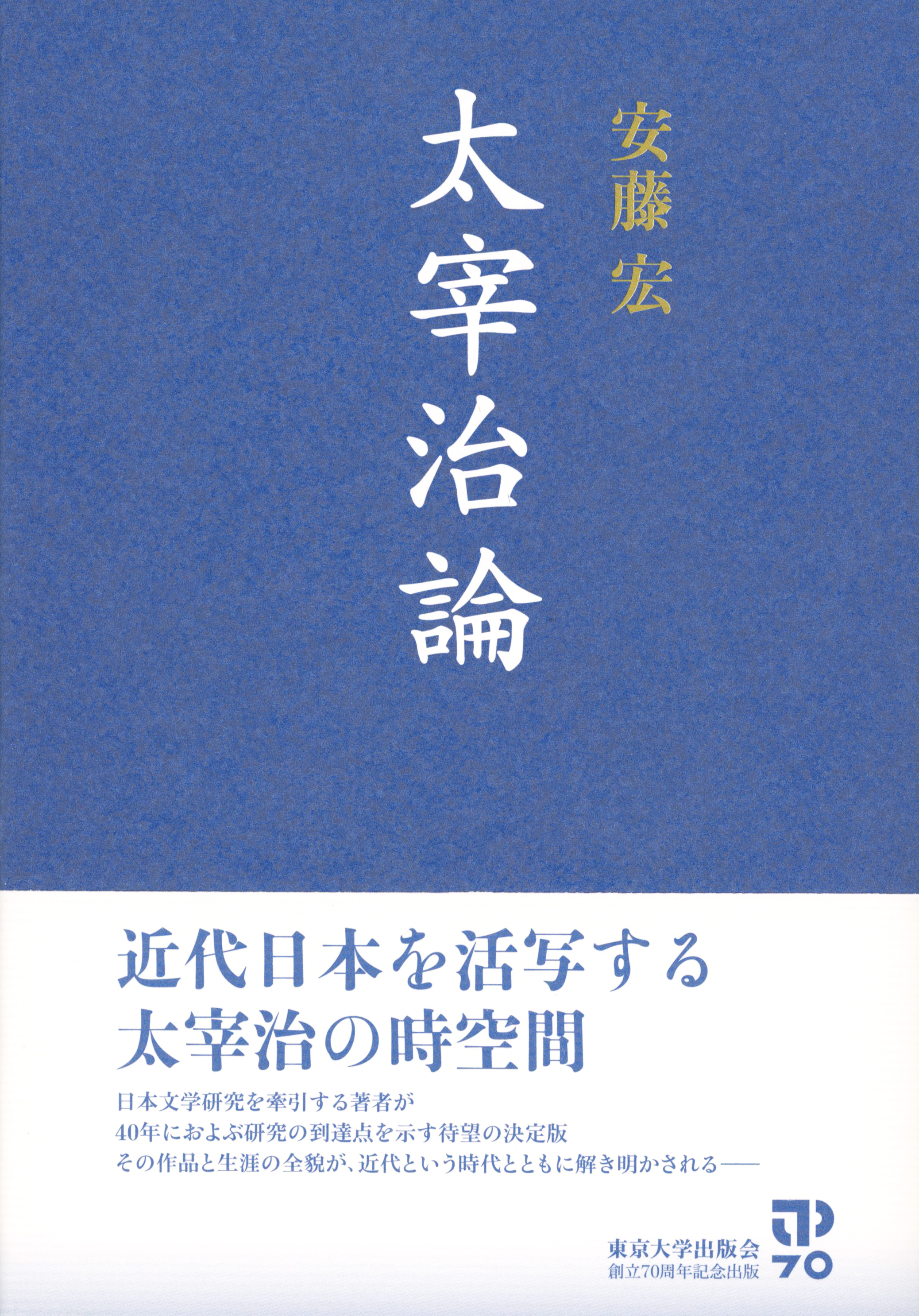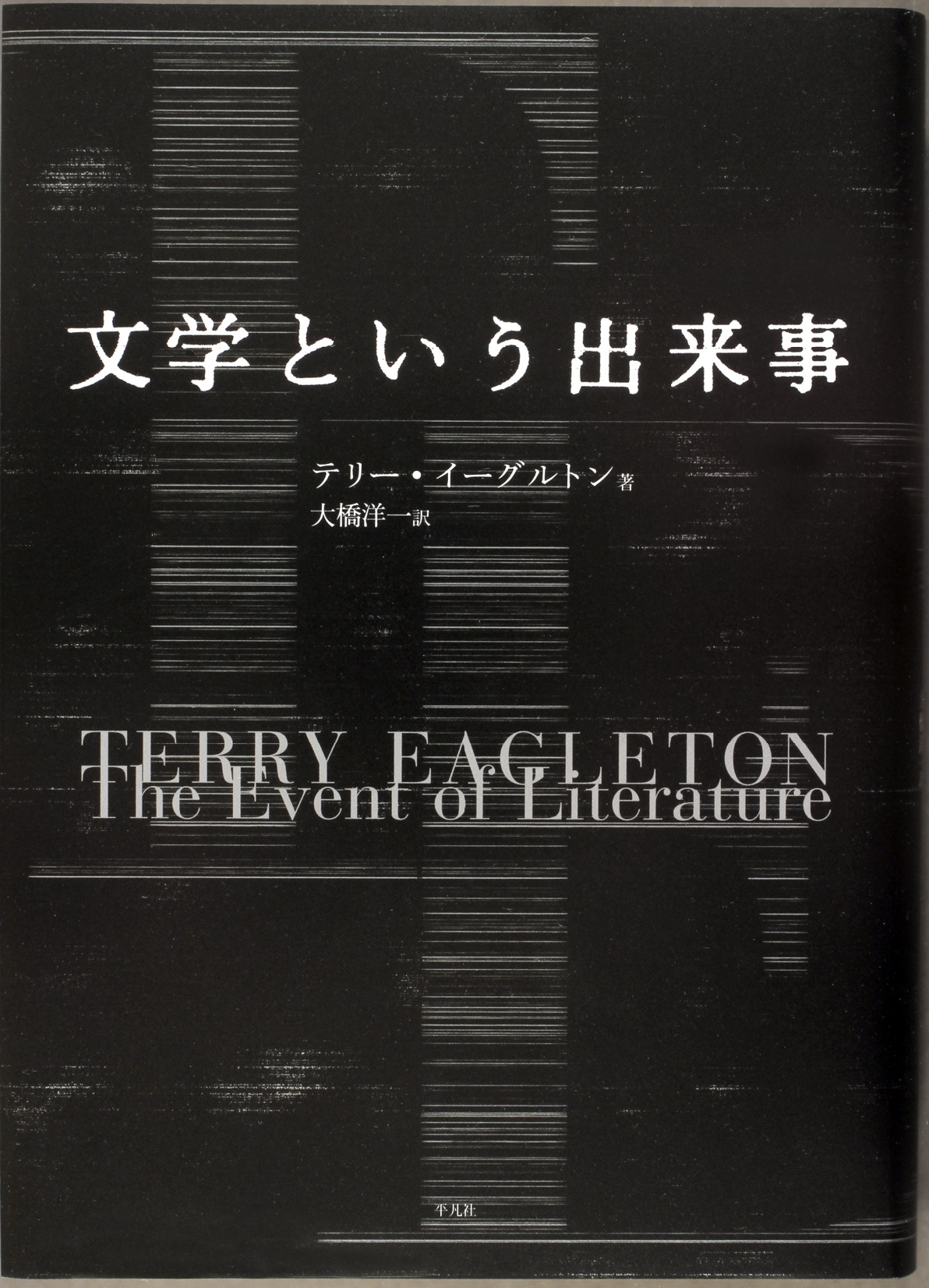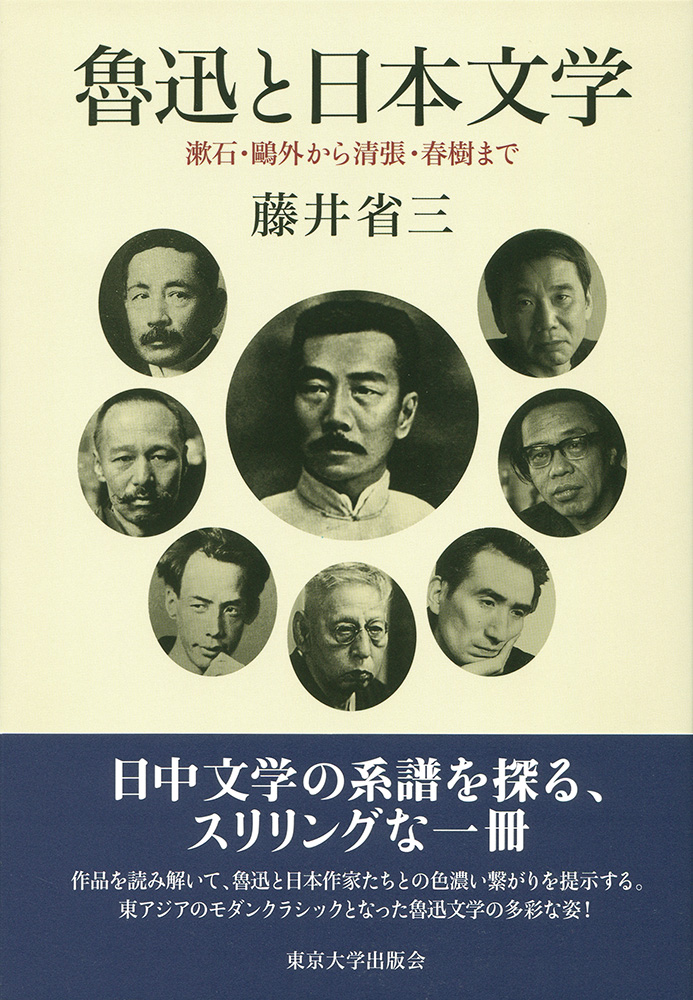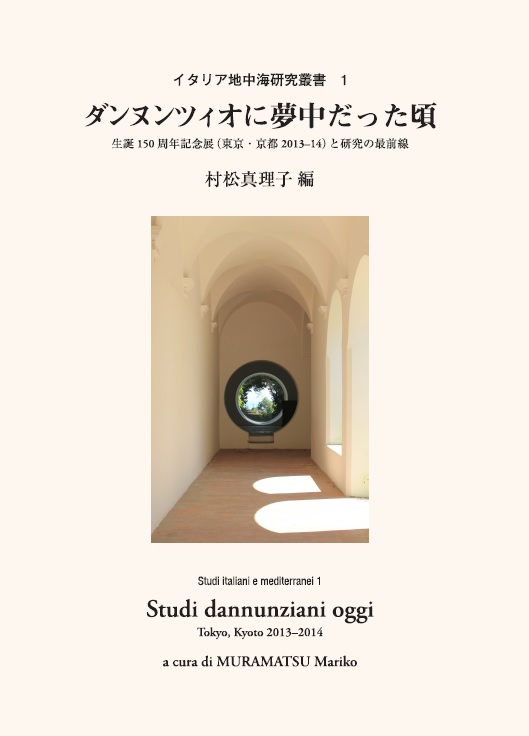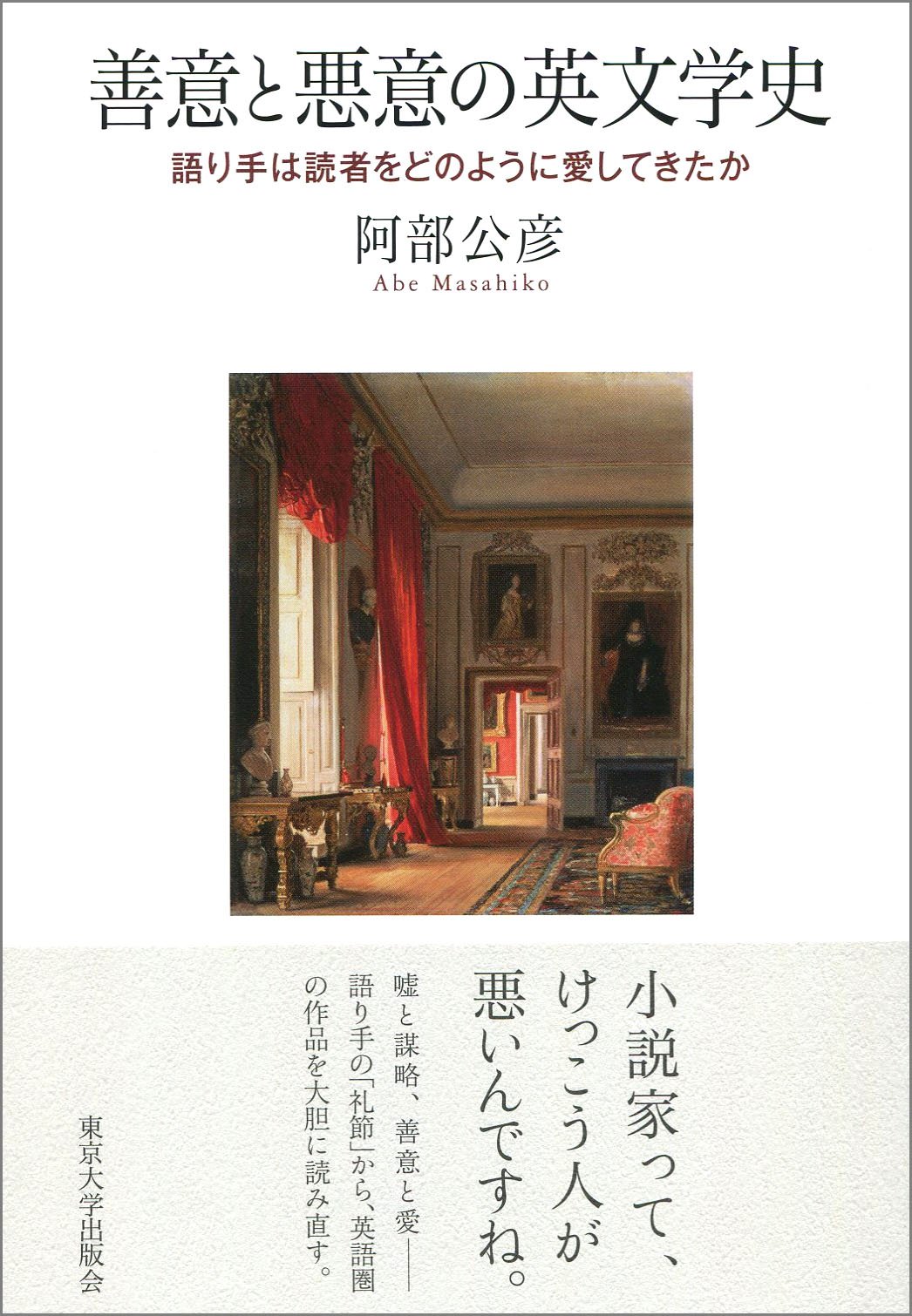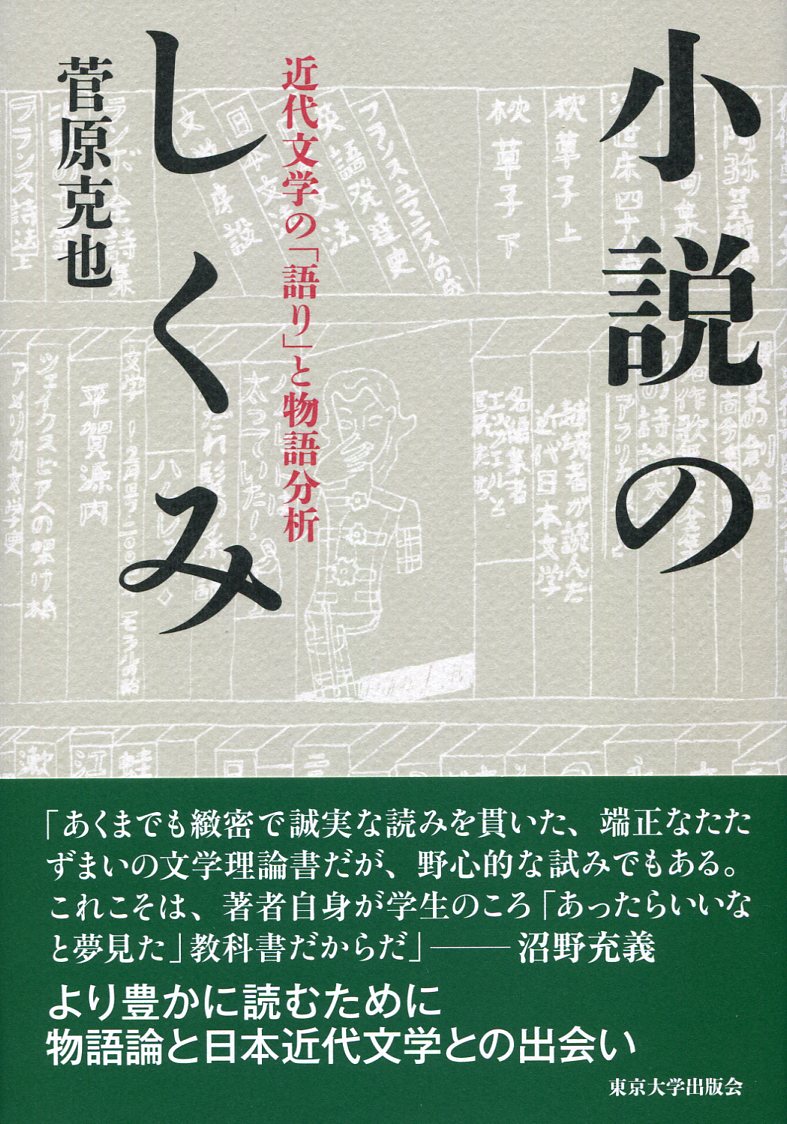
Title
Shōsetsu no Shikumi (The Makings of Fiction: An Introduction to the Narrative Analysis of Modern Literature)
Size
416 pages, 127 x 188mm
Language
Japanese
Released
April 25, 2017
ISBN
978-4-13-083070-6
Published by
University of Tokyo Press
Book Info
See Book Availability at Library
“What we call literary prose may be written about anything and in any style,” wrote Mori Ogai (1862–1922) in his 1909 short story “Exorcising Demons” (Tsuina). Following Mori, we could say that “what we call literary prose may be read in any way one pleases.”
If our goal in reading fiction is pleasure, then this is true.
However, if we wish to engage in discourse about fiction, we will soon be at a loss over what to discuss and in what manner.
The literary works we call poetry and prose are the subject of academic study. They are taught and discussed in university classrooms in various ways. We could say that the essence of literary study, its inherent mechanism, lies in the ingenuity of this discourse.
This book presents one perspective on how fiction should be discussed. The first step is to view fiction as narrative, and the next is to consider text-based techniques for thinking about how a particular work is narrated. To do so, we must first discover the vocabulary for discussing fiction as narrative.
If a dichotomy exists between those who focus on content and those who focus on form when analyzing fiction, then this book leans towards approaching narrative from the latter perspective. The term “makings” in the book’s title is intended to reflect this stance.
However, what does discussing the form or makings of fiction actually entail?
Imagine you are reading a work of fiction and come across the phrase “life is fleeting.” The idea that a person’s entire life passes in an instant is not a particularly fresh notion. The phrase is likely to evoke a range of reactions in different readers. One may reject the idea, while another finds it trite, another agrees somewhat, and yet another agrees wholeheartedly.
These varied reactions relate not only to the message that the phrase “life is fleeting” conveys (its content), but also to the way in which it is related (its form). Do characters in the story casually mutter the phrase to themselves? Does it arise as part of a conversation? What life has the character saying it experienced, and what kind of person is she? Or do the words express the thoughts of the narrator?
To reflect on the makings of fiction is to think about who in the story said or thought that “life is fleeting,” in what kind of setting, under what conditions, and at what level, and moreover, in what manner that message is communicated to the reader. We might call this the preparatory work for contemplating the content of the message.
This preparatory work is essential if discourse on fiction is to be widely shared by the public. This is the message that I, as author, hope to communicate through this volume.
(Written by SUGAWARA Katsuya, Professor, Graduate School of Arts and Sciences / 2018)



 Find a book
Find a book


